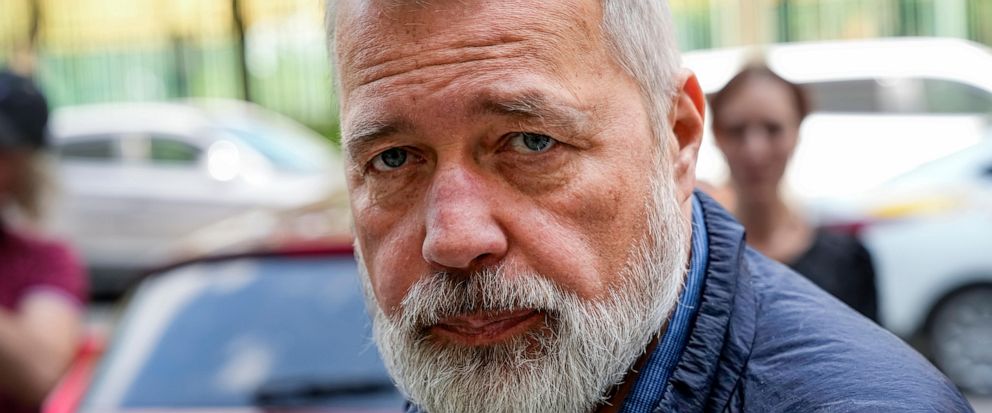Dmitry Muratov, the renowned Russian journalist and editor-in-chief of the independent newspaper Novaya Gazeta, has recently been declared a foreign agent by the Russian government. This move has sparked widespread concern among press freedom advocates and has raised questions about the state of journalism in Russia.
Muratov, who was awarded the Nobel Peace Prize in 2021 for his courageous work in investigative journalism, has been an influential figure in Russian media for decades. Novaya Gazeta, under his leadership, has gained a reputation for its fearless reporting on sensitive issues, including corruption, human rights abuses, and political scandals.
The designation of Muratov as a foreign agent is a significant blow to press freedom in Russia. The foreign agent law, introduced in 2012, requires individuals or organizations that receive funding from abroad and engage in political activities to register as foreign agents. This label carries a negative connotation and is often used to discredit and stigmatize independent voices.
The decision to declare Muratov as a foreign agent is seen by many as an attempt by the Russian government to silence critical journalism and curtail freedom of expression. It is part of a broader crackdown on independent media and dissenting voices in the country. Several other prominent journalists and media outlets have also been labeled as foreign agents in recent years, leading to self-censorship and a chilling effect on investigative reporting.
The move against Muratov comes at a time when press freedom is under threat globally. According to Reporters Without Borders, Russia ranks 149th out of 180 countries in terms of press freedom. Journalists face harassment, intimidation, and violence for their reporting, and the government exercises tight control over mainstream media.
The international community has expressed its concern over the treatment of Dmitry Muratov and the broader assault on press freedom in Russia. The United States, European Union, and various human rights organizations have condemned the decision to label Muratov as a foreign agent and called on the Russian government to respect freedom of the press.
In response to the designation, Muratov has vowed to continue his work despite the challenges. He remains committed to upholding the principles of independent journalism and providing a platform for critical voices in Russia. His determination and resilience serve as an inspiration to journalists around the world who face similar threats and obstacles in their pursuit of truth.
The case of Dmitry Muratov highlights the importance of a free and independent press in any democratic society. Journalists play a crucial role in holding power to account, exposing corruption, and giving voice to marginalized communities. When journalists are targeted and silenced, it is not only a violation of their rights but also a threat to democracy itself.
As the international community rallies behind Dmitry Muratov and other journalists facing similar challenges, it is essential to continue advocating for press freedom and supporting independent media organizations. The fight for a free press is not limited to one country; it is a global struggle that requires solidarity and collective action.
In conclusion, the declaration of Dmitry Muratov, a Nobel-winning editor, as a foreign agent by Russia is a concerning development that reflects the shrinking space for independent journalism in the country. It is crucial for governments, civil society organizations, and individuals to stand up for press freedom and support journalists like Muratov who risk their lives to uncover the truth and hold power accountable.



